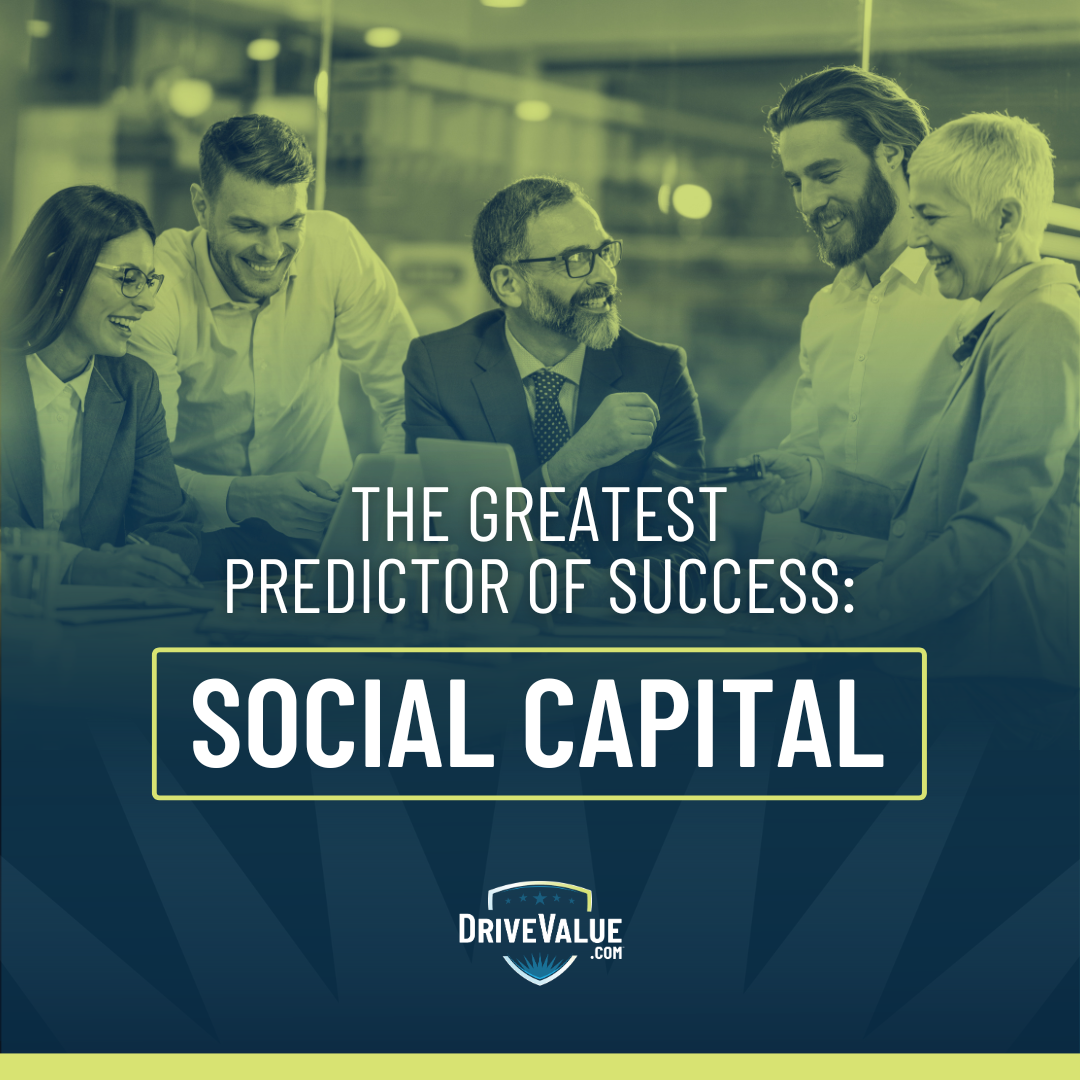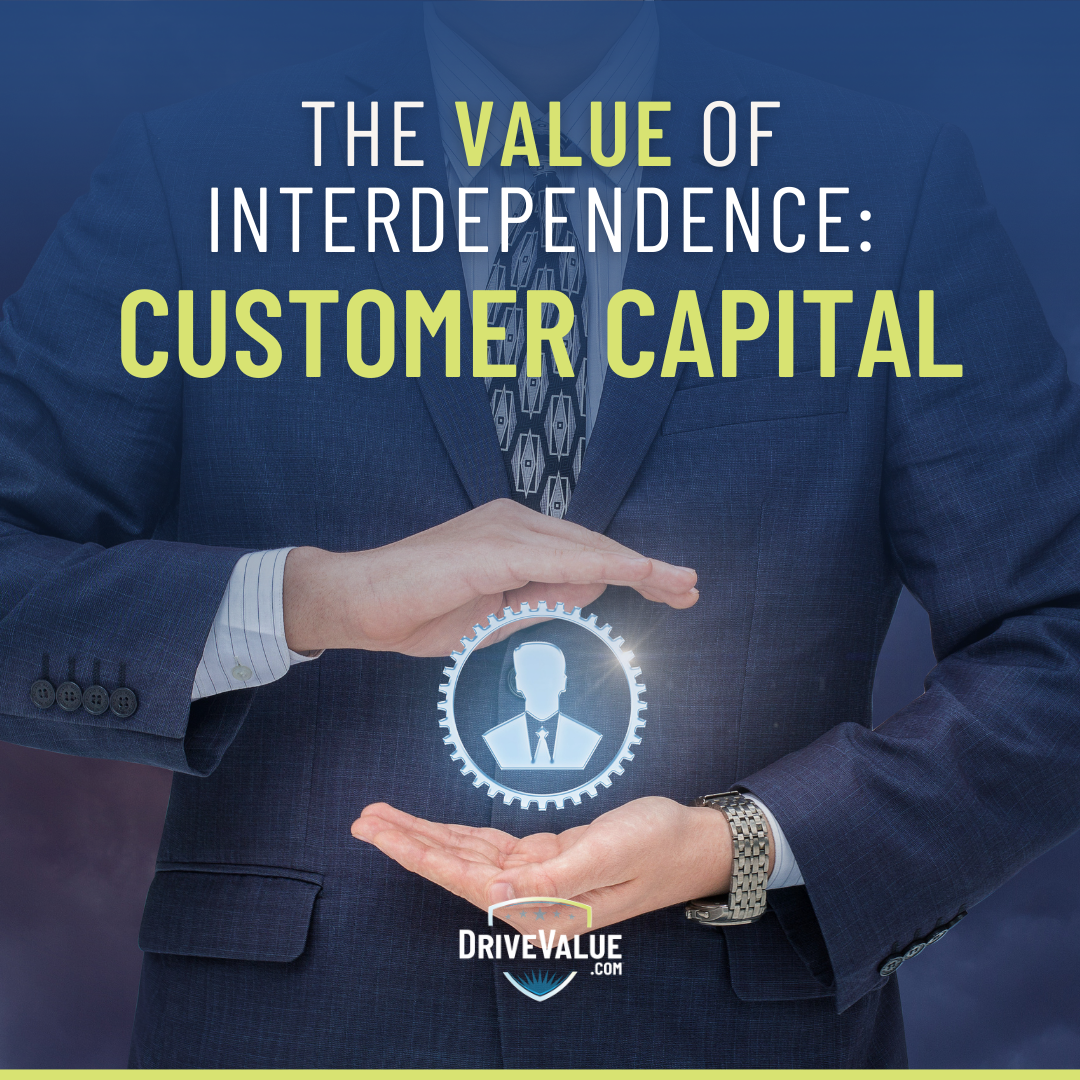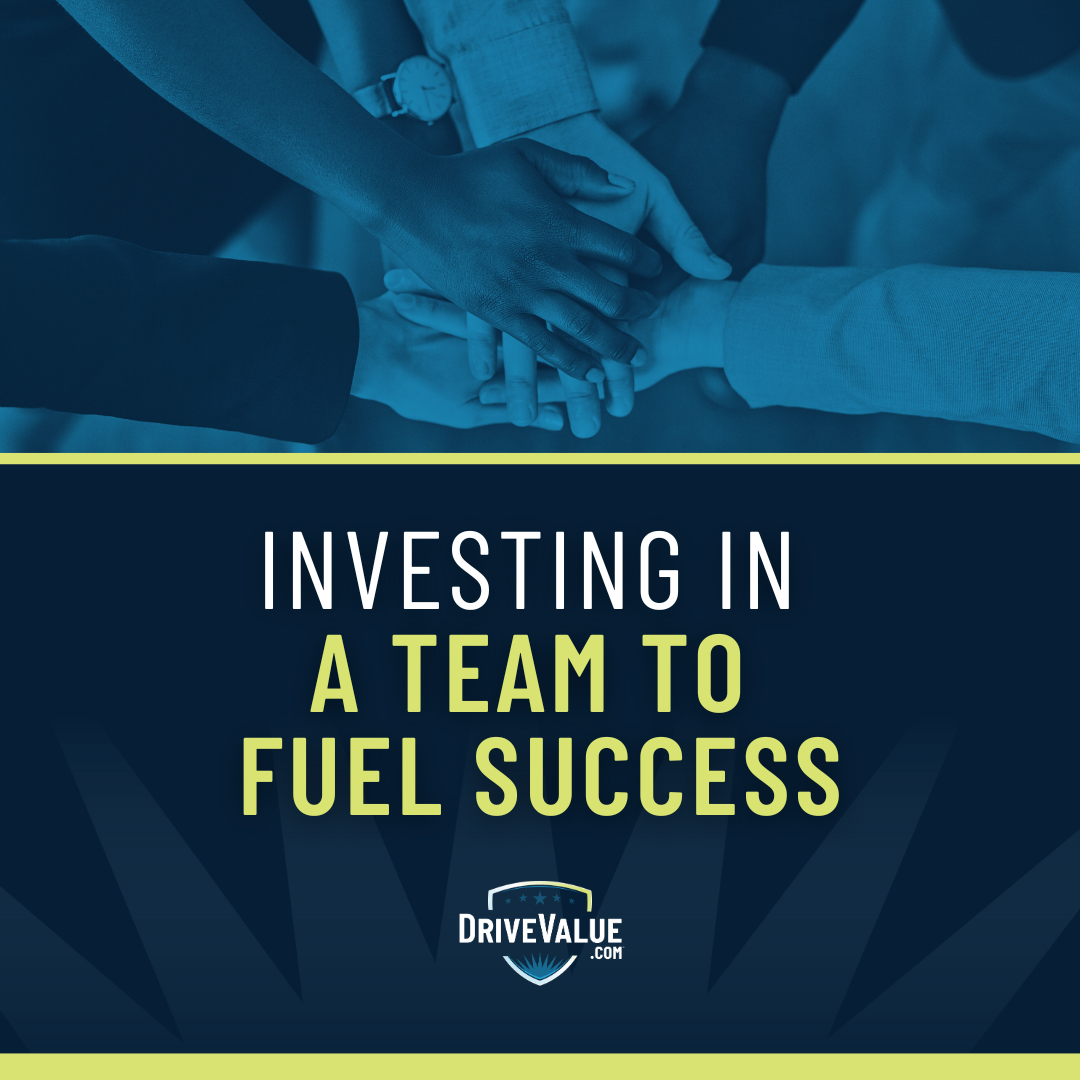Share this
The Greatest Predictor of Success: Social Capital
by Exit Planning Institute on March 7, 2025

If you have missed our previous blogs on capitals, let’s get you caught up:
- The ultimate goal of driving value is to create a significant company.
- Significant companies are attractive to potential buyers and allow owners to exit the business on their terms.
- Since 80-90% of an owner’s wealth is typically trapped inside their business, driving value is critical to meeting post-exit goals, financially and personally.
- Every business has four intangible capitals—areas in which it is essential to drive value. Previously, we have talked about Human Capital, Structural Capital, and Customer Capital.
What's Different About Social Capital?
As a business owner—just like on the racetrack—it can be tempting to get comfortable with the data. Finding the right number of employees and budgeting for the right resources are all data-based decisions that drive value in your business. Similarly, the amount of downforce needed for a specific grade of track or the optimal lap for a pit stop—these are data-driven decisions that, given the correct information, can predict success. When we say it is comforting to rely on the data, we mean it—in most areas, that is. In most of the capitals that your business has. In most of the decisions on the track.
After all, haven’t you heard the phrase “numbers don’t lie?” It is true—to an extent.
If data-driven decisions predicted 100% of the success of a business, why wouldn’t everyone just do it? If data-driven choices could give you the ingredients to win a race every time, then why could few people touch Jimmie Johnson for a period of time in the early 2000s?
It is hard to say on the racing front. But in business, there is one capital that relies less on data and more on a human element. That is social capital.
Social capital is a measure of the strength of your culture. It is not something that fits neatly into a spreadsheet. But it optimizes the other capitals—human, customer, structural—and elevates your business to best-in-class.
Social Capital: The Great Multiplier
So why do we call social capital the greatest predictor of success?
You can pull all the right levers in the other three capitals:
- You can hire and retain the right people, smartly replacing people and positions as you go.
- You can analyze your customer base and mitigate risk by not having too much of your revenue with one customer, while securing important contractual obligations.
- You can record how your company works, so its secret sauce is transferable.
Do these things, and you will have a pretty successful business. Combine these things with a great culture, and you are multiplying the value of your business the way only best-in-class organizations can.
The fact is this: success requires social intelligence, not just business smarts. You can hire the smartest accountant, the smartest sales director, the smartest operations manager, etc. And you will have a good business. But if leadership can inspire them, you will have a great one.
And if that culture becomes about more than the person running the business—and becomes something interdependent and more extensive than one person—then you have something transferrable. That is when you have something attractive to a buyer.
Start Building Social Capital
Despite the intangible nature of social capital, you can still identify how to build it and whether your business has it.
Great companies—think Apple or Google—have the swagger of social capital. And that did not happen by accident.
But to make it about more than just you—the owner—it is important to get expert help as you build social capital.
A Certified Exit Planning Advisor (CEPA®) can help you identify ways to improve and set you on a journey of 90-day sprints to drive value and build social capital.
Interested in learning more about Value Acceleration? Visit Amazon to buy a copy of Walking To Destiny: 11 Actions An Owner Must Take To Rapidly Grow Value & Unlock Wealth by Christopher Snider.
Related Resources






No Comments Yet
Let us know what you think